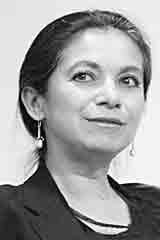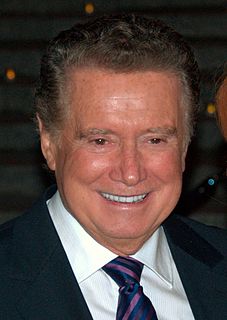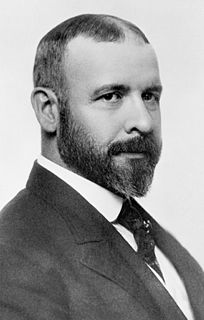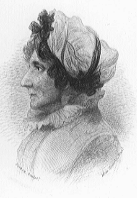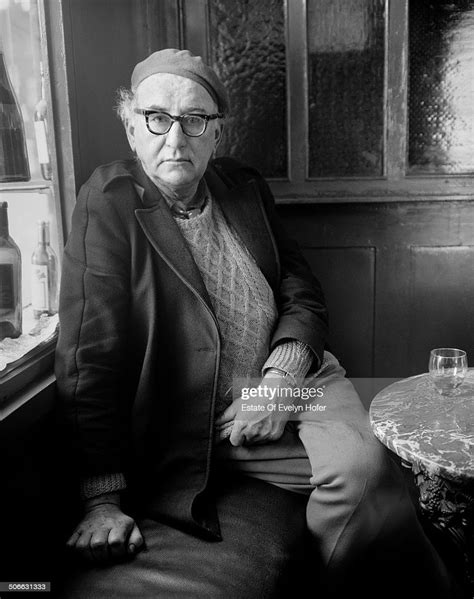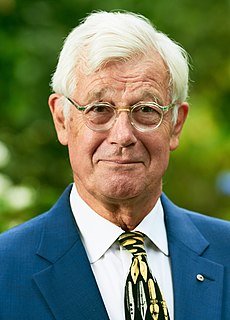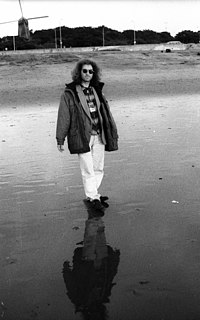A Quote by Ralph Waldo Emerson
Language is a city to the building of which every human being brought a stone.
Related Quotes
Every thing thinks, but according to its complexity. If this is so, then stones also think...and this stone thinks only I stone, I stone, I stone. But perhaps it cannot even say I. It thinks: Stone, stone, stone... God enjoys being All, as this stone enjoys being almost nothing, but since it knows no other way of being, it is pleased with its own way, eternally satisfied with itself.
Well, I work out three to four times a week, in a gym, which - thank God - is right in my building here in New York City. It's in the Reebok building, and it's got every kind of weightlifting equipment you can imagine, spread out over six floors, plus basketball courts and everything else. And because it's right in the building, there's no excuse.
I believe in recognizing every human being as a human being--neither white, black, brown, or red; and when you are dealing with humanity as a family there's no question of integration or intermarriage. It's just one human being marrying another human being or one human being living around and with another human being.
Walkers are 'practitioners of the city,' for the city is made to be walked. A city is a language, a repository of possibilities, and walking is the act of speaking that language, of selecting from those possibilities. Just as language limits what can be said, architecture limits where one can walk, but the walker invents other ways to go.
I remember learning German - so beautiful, so strange - at school in Australia on the other side of the earth. My family was nonplussed about me learning such an odd, ugly language and, though of course too sophisticated to say it, the language of the enemy. But I liked the sticklebrick nature of it, building long supple words by putting short ones together. Things could be brought into being that had no name in English - Weltanschauung, Schadenfreude, sippenhaft, Sonderweg, Scheissfreundlichkeit, Vergangenheitsbewältigung.
The charge of being ambiguous and indefinite may be brought against every human composition, and necessarily arises from the imperfection of language. Perhaps no two men will express the same sentiment in the same manner and by the same words; neither do they connect precisely the same ideas with the same words.
Human language has a vocabulary suited to our daily needs and functions: the shape of any human language maps approximately to the needs and activities of our mundane lives. But few would deny that there is another dimension of human existence which transcends the mundane: call it the soul, the spirit: it is that part of the human frame which sees the shimmer of the numinous.

